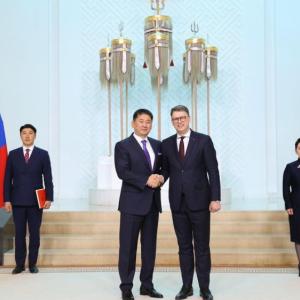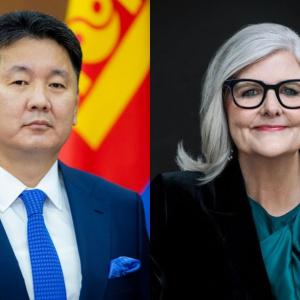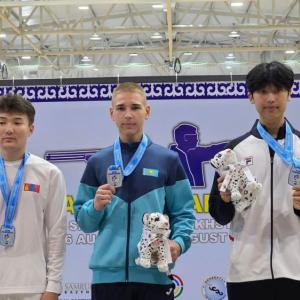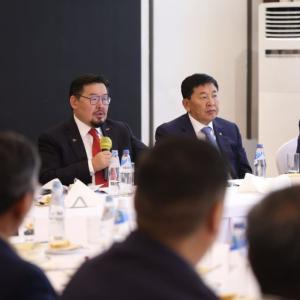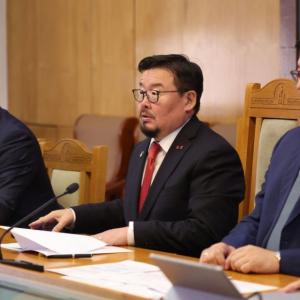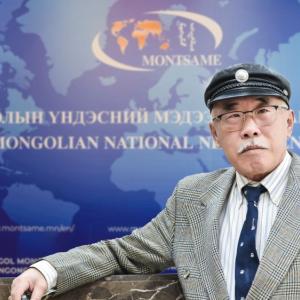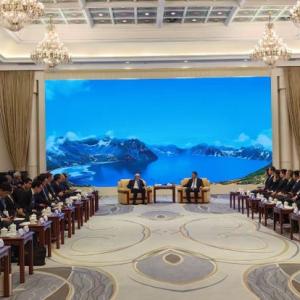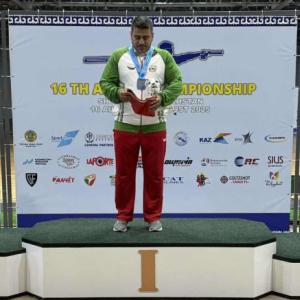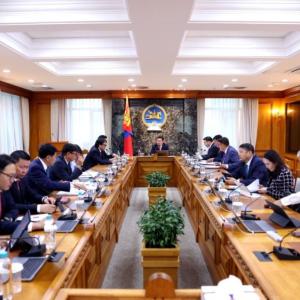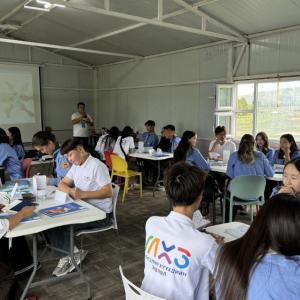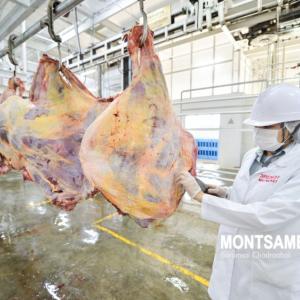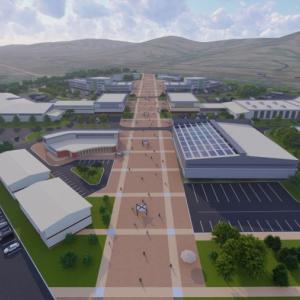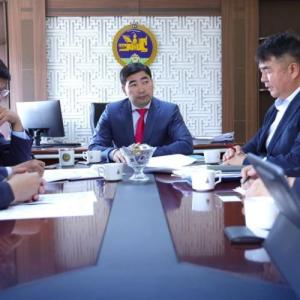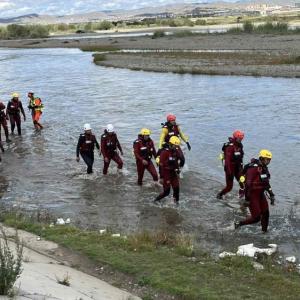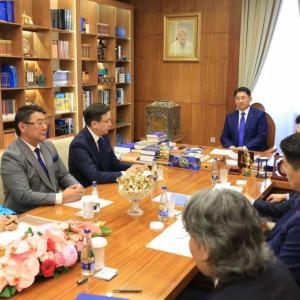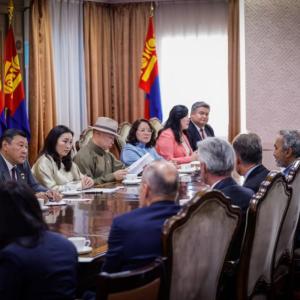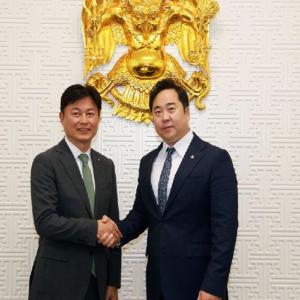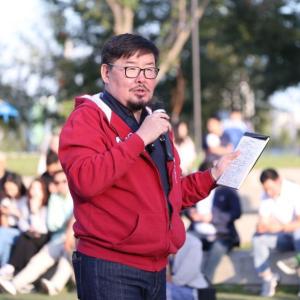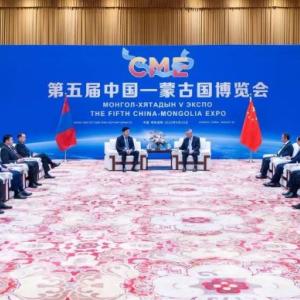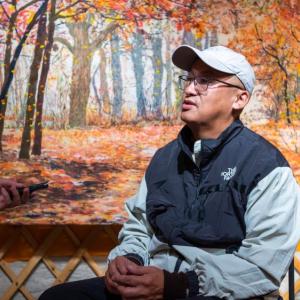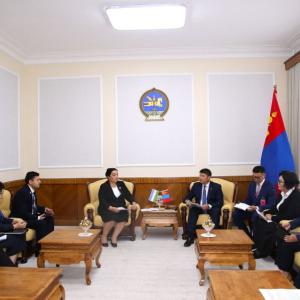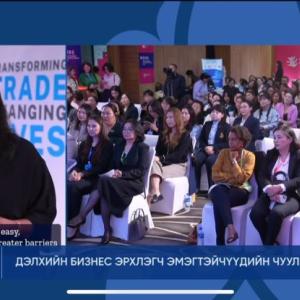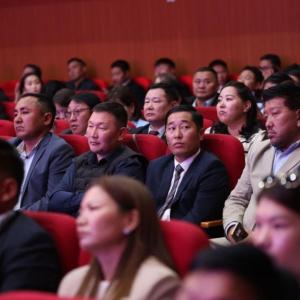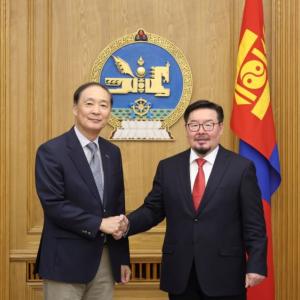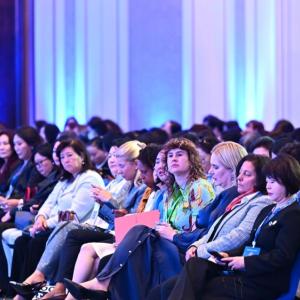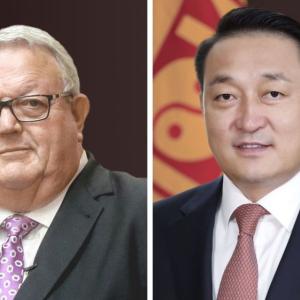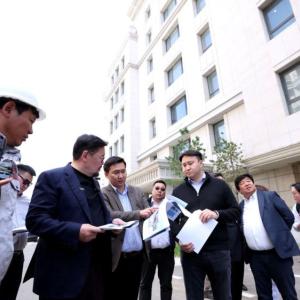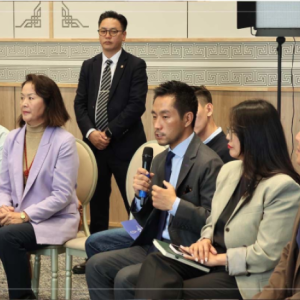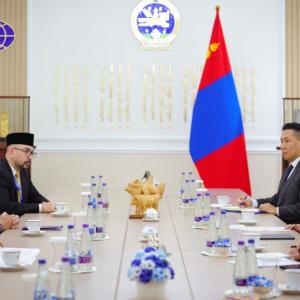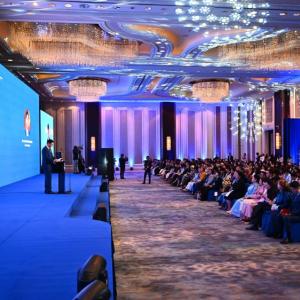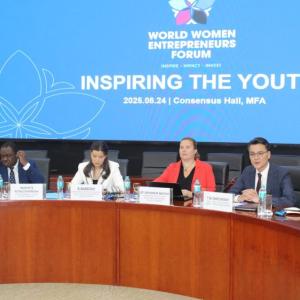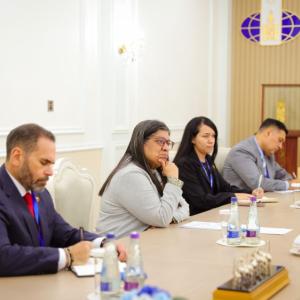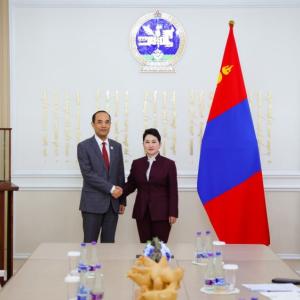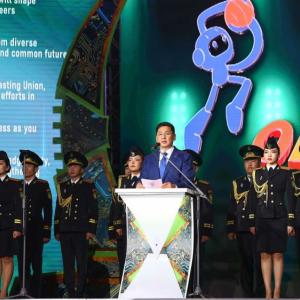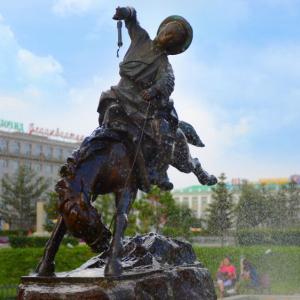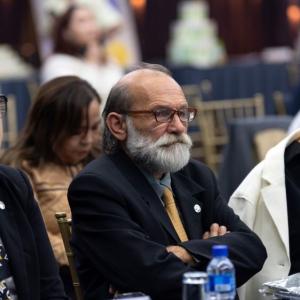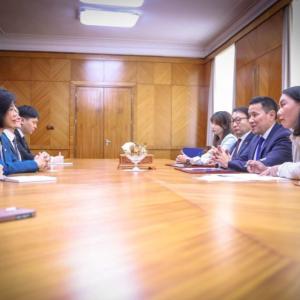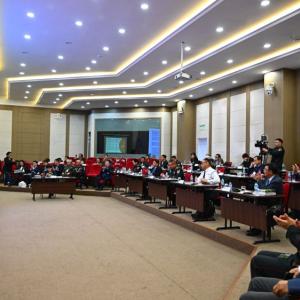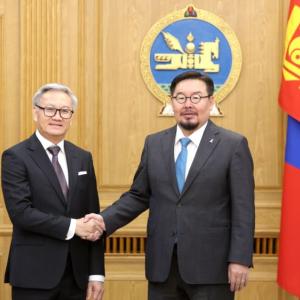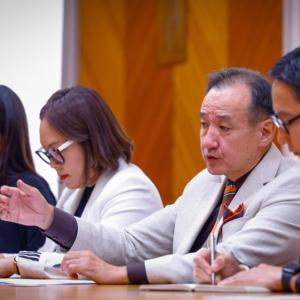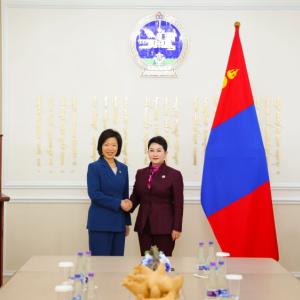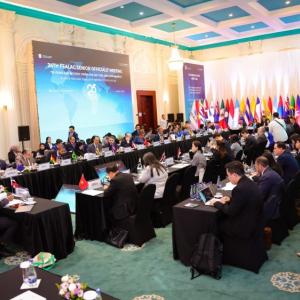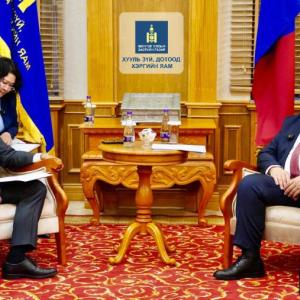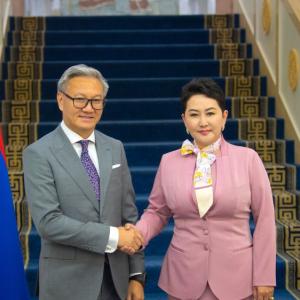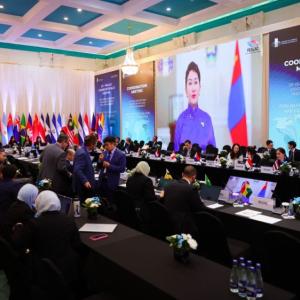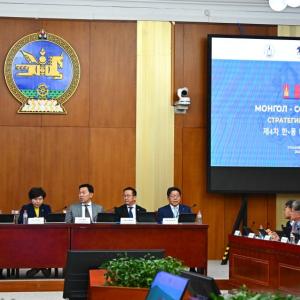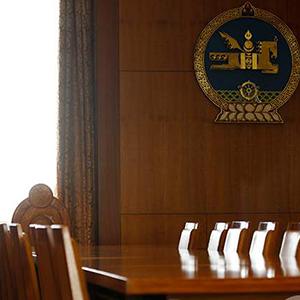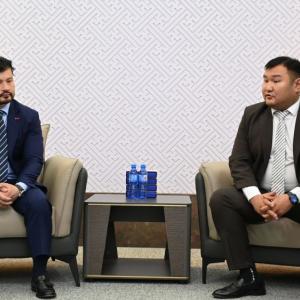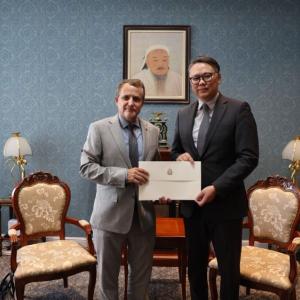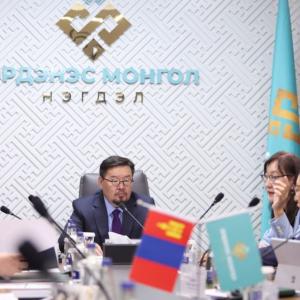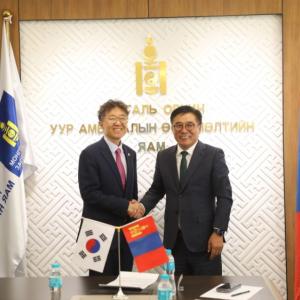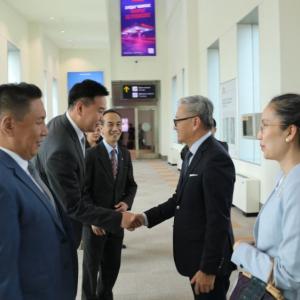International observers present preliminary conclusions on presidential runoff
Politics
Ulaanbaatar /MONTSAME/ Presidential runoff in Mongolia was efficiently administered despite of legal uncertainty, say OSCE/ODIHR observers.
Positively, the General Election Commission issued clarifying regulations and administered the election in an efficient manner, and polling station staff facilitated voting on election day in a professional manner, said a statement issued by the election observation mission from the Organization for Security and Cooperation in Europe (OSCE) Office for Democratic Institutions and Human Rights (ODIHR) today, July 8.
The law was widely interpreted as prohibiting campaigning. Calling on voters to cast blank ballots in protest was a distinct feature of the runoff, the observers said.
The GEC addressed the legal ambiguities and provided guidance to lower-level commissions. Election materials, including electronic vote-counting equipment, were prepared within the condensed timeframe, and the GEC and some lower-level commissions took measures to inform about the election date, which was moved from the originally scheduled July 9, and to motivate them to vote, the statement says.
"Our mission will remain in Mongolia through the conclusion of the electoral process, and the final report issued in about eight weeks from now will include recommendations on how the process can be improved", said Ambassador Geert-Hinrich Ahrens, Head of the ODIHR mission. "As always, ODIHR is ready to work with the authorities and all other stakeholders in the follow-up on those recommendations".
For the second round, the OSCE/ODIHR Limited Election Observation Mission included 11 experts in the capital and 19 long-term observers deployed throughout the country. Observers were drawn from 23 OSCE participating States.
Positively, the General Election Commission issued clarifying regulations and administered the election in an efficient manner, and polling station staff facilitated voting on election day in a professional manner, said a statement issued by the election observation mission from the Organization for Security and Cooperation in Europe (OSCE) Office for Democratic Institutions and Human Rights (ODIHR) today, July 8.
The law was widely interpreted as prohibiting campaigning. Calling on voters to cast blank ballots in protest was a distinct feature of the runoff, the observers said.
The GEC addressed the legal ambiguities and provided guidance to lower-level commissions. Election materials, including electronic vote-counting equipment, were prepared within the condensed timeframe, and the GEC and some lower-level commissions took measures to inform about the election date, which was moved from the originally scheduled July 9, and to motivate them to vote, the statement says.
"Our mission will remain in Mongolia through the conclusion of the electoral process, and the final report issued in about eight weeks from now will include recommendations on how the process can be improved", said Ambassador Geert-Hinrich Ahrens, Head of the ODIHR mission. "As always, ODIHR is ready to work with the authorities and all other stakeholders in the follow-up on those recommendations".
For the second round, the OSCE/ODIHR Limited Election Observation Mission included 11 experts in the capital and 19 long-term observers deployed throughout the country. Observers were drawn from 23 OSCE participating States.
Kh.Aminaa

 Ulaanbaatar
Ulaanbaatar
